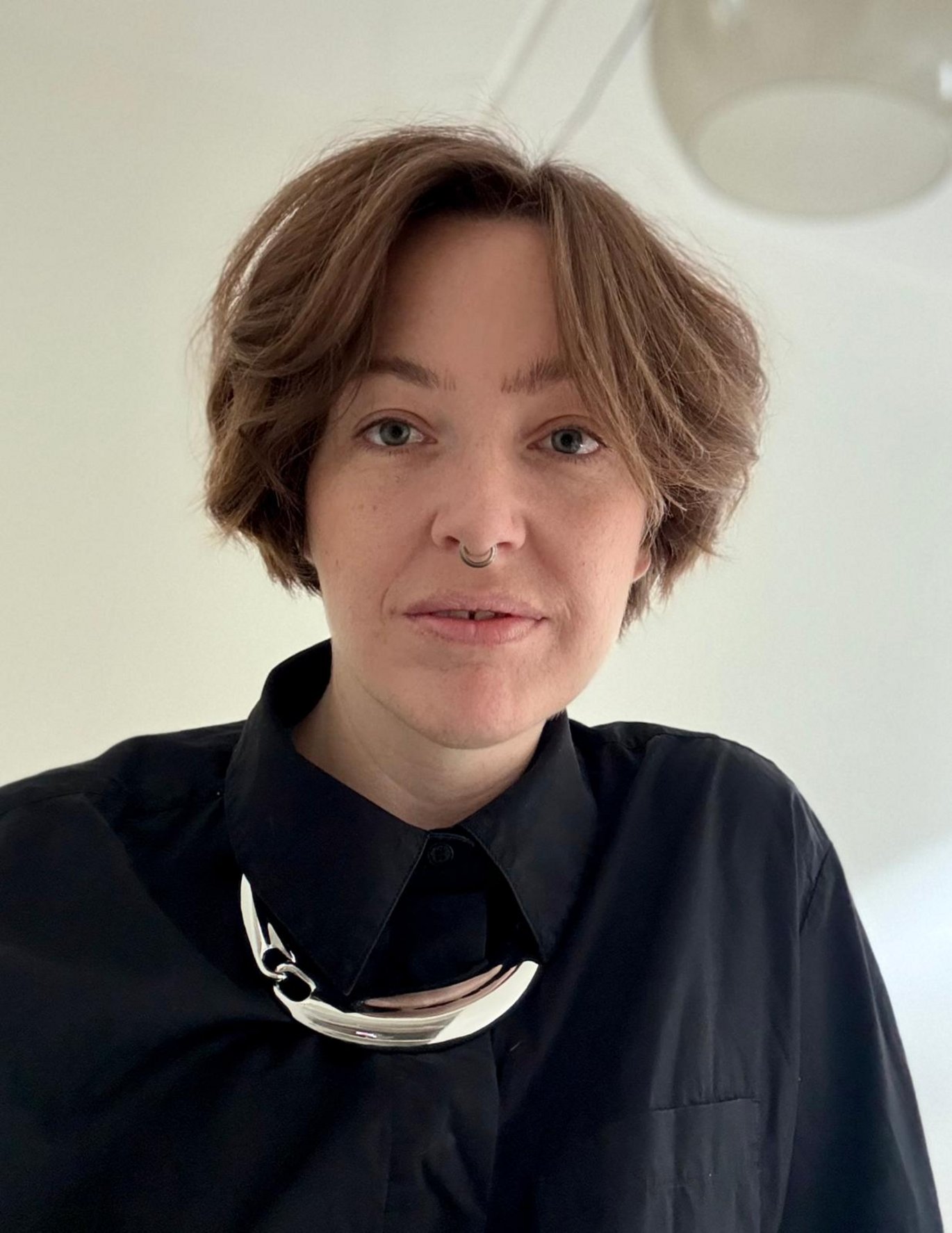Research project to study digital platforms’ online communities receives distinguished grant
A new research project on online communities on digital platforms has received an ERC Starting Grant. In the project, Assistant Professor Blake Hallinan from Media Studies will examine how content creators build and monetize online communities within the dynamic environment of digital platforms.

The screen lights up. The chat is buzzing. Someone is livestreaming their video game while hundreds of followers watch through the digital platform Twitch. Meanwhile, some followers support the content creator financially through direct donations. Others indirectly, by watching ads on the platform.
The livestream is an example of the online communities that Assistant Professor of Media Studies, Blake Hallinan, will study in the research project “PAY4PLAY: Entrepreneurial Organizing in the Platform Society,” which has just received a distinguished Starting Grant from the European Research Council.
“The project is about pay-for-play, a new form of entrepreneurial organization on social media that integrates financial transactions with social interactions. The project is designed to understand what these new community formations are and what kind of value they provide to the people who participate in them,” explains Blake Hallinan, and continues:
“Both economic value but also other types of values. What kind of community does this provide? What forms of expression does it offer? And what potentially harmful values might be at work as well?”
A nuanced picture of Social Media
In the research project, Blake Hallinan will compare three types of content creator sectors: gamers, VTubers (virtual entertainers who use animated avatars), and adult-content creators. They will examine the culture, infrastructure, and policies that define the communities forming on online platforms.
Blake Hallinan hopes their research can help us better understand how digital platforms reflect a changing media reality.
“The developments in monetization models and community formations reflect major industry changes in funding media and reaching audiences. If we care about the media, it helps to understand what shape it is taking, especially among young people,” they say.
They hope the research will contribute to creating a more nuanced picture of the value that digital communities can offer.
“Part of the interest in understanding both economic value and other values involved is that we have all these dark tales about what the internet and especially social media offers. We are alienated. We’re in bubbles. We’re depressed. We engage in negative comparisons. And I think those harms are real, but they coexist with meaningful and positive things that people gain from their social media experience. Understanding what those opportunities are and finding ways to foster that matters,” explains Blake Hallinan.
Guidelines are crucial
The research project will be carried out in collaboration with three PhD students and a postdoctoral researcher who together will examine the three sectors and identify the power structures that shape them.
“The idea is that by comparing these sectors, we can see what works, what doesn’t, and what factors shape the kinds of communities that people build and the power dynamics involved,” says Blake Hallinan.
In this regard, the research project can hopefully shed light on the need for clear guidelines, Hallinan believes.
“Beyond my academic interests, I think there are policy questions here around digital platforms as they play a bigger role in our economy and social interactions, shaping what we can and cannot do and how we interact with others,” they say, and continue:
“I think it is helpful to understand and find ways to identify what kinds of political responses are available to push back against those forms of power, to organize, and to make use of them in ways that serve human collective interests rather than only the economic or financial interests of the platform.”
Facts about the ERC Starting Grant
The European Research Council (ERC) awards Starting Grants (StG) – these grants are given to young, promising research talents within two to seven years after earning their PhD.
Title: Entrepreneurial Organizing in the Platform Society PAY4PLAY
Amount awarded: 1 500 000.00 EUR
Project period: 2026-2031
Contact
Blake Hallinan,
Adjunkt, Afdeling for Medievidenskab og Journalistik
Aarhus Universitet
Telephone: +45 87 15 19 56
Mail: bhallinan@cc.au.dk
